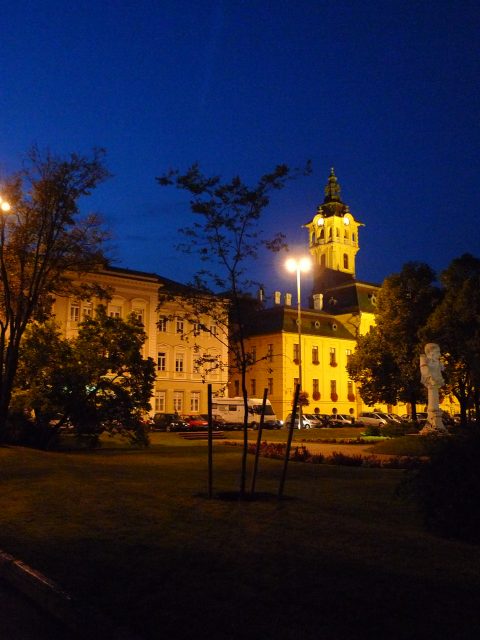THE BALKANS: ANCIENT TRADITIONS & SOCIAL STRUCTURES

Belgrade, capital city of Serbia
On the Balkans nationalism has been a significant characteristic of political and social life since the 19th century. There was an ethnic nationalism in former Yugoslavia that is still very powerful and which has to be differentiated from a bourgeois or political nationalism. Bourgeois nationalism is based on the idea of common blood relations, common culture and excludes any kind of multiculturalism. The concept of political nationalism is based on a common territory and the acceptance of the laws in this territory. In contrast ethnic nationalism is founded on myths and legends of a nation that is God-sent. Even nowadays these myths dominate public communication in the Balkans. The fascination with such myths concerning their own nation which are propagated and perpetuated by autocratic and democratic leaders alike is the reason why the people in these countries are often prevented from seeing future potential and realising it. One famous example is the “Kosovo myth”. The Serbian historian Popovic already stated in 1976 that that was a secondary artificial myth developed by politicians from folklore legend dealing with the historical battle between Turks and Serbs on the Kosovo Polje in 1389. The rather irrelevant defeat escalated in the historical memory of the Serbs to a catastrophe and was scandalously distorted.
The various national movements in the Southern Slavonic countries concerned themselves thoroughly with their respective village cultures. In them they sought to find their origins in a world of rapid modernisation. This resulted in a romantic transfiguration and idealisation of rural or village value patterns. These patterns were supposed to be “characteristic” of the nation and should serve as models. The processes of industrialisation and urbanisation fundamentally changed and influenced the existing traditional society. In spite of the growing economic and social differences between the urban and the rural world the influence of the village culture in the development of the nation and society must not be underestimated. These “traditional” values had persevered despite the processes of modernisation in the socialist society of former Yugoslavia. In the Balkans rural traditions had their impact on life in the cities and shaped the cities rather than the other way round. Mass migration to cities led to the urbanisation of the villages, but also to the ruralisation of the cities. Almost all Serbian cities for example, due to centuries under Turkish domination, developed only in the last 150 years from small villages and market communities. Until the 20th century there existed no specific Serbian urban tradition whatsoever. The village roots remained strong, mutual obligations between the family in the city and the kin in the country further strengthened these ties. Children often still spend their holidays in the country and village children move in with their relatives in the city for higher education. The process of urbanisation began very late in former Yugoslavia. In the beginning of the 20th century the urban populations began to grow and then especially after World War II.
…
